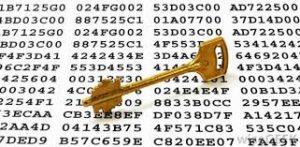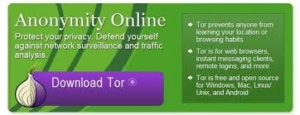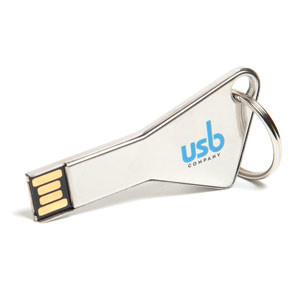Researchers from GREYC research lab have engineered a behavioral profiling program that distinguishes different individuals through their keystrokes. Whether it’s your typing speed, consistency or frequency of making systematic typing errors, this technique obliquely shatters online anonymity. Though arguable benign data, it is crucial in identifying behavior and matching it to the right person. To further threaten your onlineanonymity, this technique easily pick up usernames and passwords when you visit membership-based websites; in essence, invading your privacy.
Working in close collaboration, behavioral biometrics and behavioral profiling precisely draft your online portfolio, making it easier to keep tabs on you as soon as you start typing and speaking online from a certain location; your facial features are analyzed as well. Whereas behavioral biometrics are based on subtle nuances in your typing patterns, voice, location and special features, behavioral profiling track your online presence after having analyzed your behavior. Each needs the other to accomplish what many loath; shatter your online anonymity without remorse. No one is in the clear when it comes to behavioral profiling.
Though it may appear relatively harmless when being collected by a single website, imagine the level of privacy breach involved when multiple websites, all big names in the industry and collectively owned by one entity, collect crucial information without the user’s content. These multiple sites act as information databases and when matched up and compared, your profile will be created within no time and with little or no gaps. The researchers at GREYC lab are using JavaScript or a profiling app to collect biometric data, especially keystrokes. The amount of time between your keystrokes is also noted and aids in creating your profile, further compromising your online anonymity.
If it’s perfectly normal for you to omit spacing your words, this technique developed by researchers will associate this behavioral trait with you more so if you frequent the same websites at a particular time of the day. Each time you add new information to these websites; this tool will gobble up the information, update it in your profile and continue mapping your different characteristics. Online anonymity, though bolstered by numerous passwords and sign-in options, will soon be an open book. Data mining entities are on the rise and some have already been bold enough to deny these claims even when evidence is presented.
The GREYC lab researchers have portrayed consistency in the results brought forth by their algorithm. Your keystrokes are not a rigid structure and from time to time, there will be considerable differences. Even then, the graphs used in identifying your online presence remain largely uniform, distinguishing you from anyone else whose behavioral traits seem to match yours. Just like fingerprints were and still are used for identification, this evolved to DNA and now keystrokes are beckoning to be the leading identifier online; the possibilities which this technology can unleash are limitless, especially in the cybercrimes units. Online anonymity may have been assured by private window browsing’ or application of passwords a few years ago but think again; the playing field has drastically changed and is no longer level.






 The free software helps you protect against traffic analysis, a kind of surveillance that threatens individual privacy and freedom, state security, and relationships. Traffic analysis is used to find out who is communicating to whom over an open network. Discovering the destination and source of internet traffic enables others track your interests and behavior.
The free software helps you protect against traffic analysis, a kind of surveillance that threatens individual privacy and freedom, state security, and relationships. Traffic analysis is used to find out who is communicating to whom over an open network. Discovering the destination and source of internet traffic enables others track your interests and behavior. A fundamental problem for those who want to maintain their online anonymity is that the receiver of your information can know that you sent some communication by checking the headers. Intermediaries with legal authority like service providers of the internet or sometimes unauthorized intermediaries too can therefore, access such information. The simplest kind of traffic analysis involves sitting somewhere between the recipient and sender on the network checking for headers.
A fundamental problem for those who want to maintain their online anonymity is that the receiver of your information can know that you sent some communication by checking the headers. Intermediaries with legal authority like service providers of the internet or sometimes unauthorized intermediaries too can therefore, access such information. The simplest kind of traffic analysis involves sitting somewhere between the recipient and sender on the network checking for headers.




